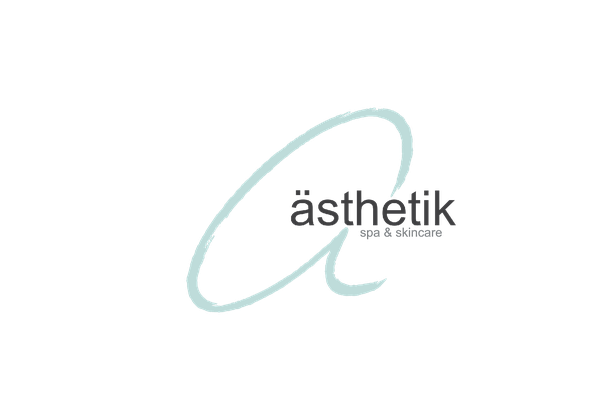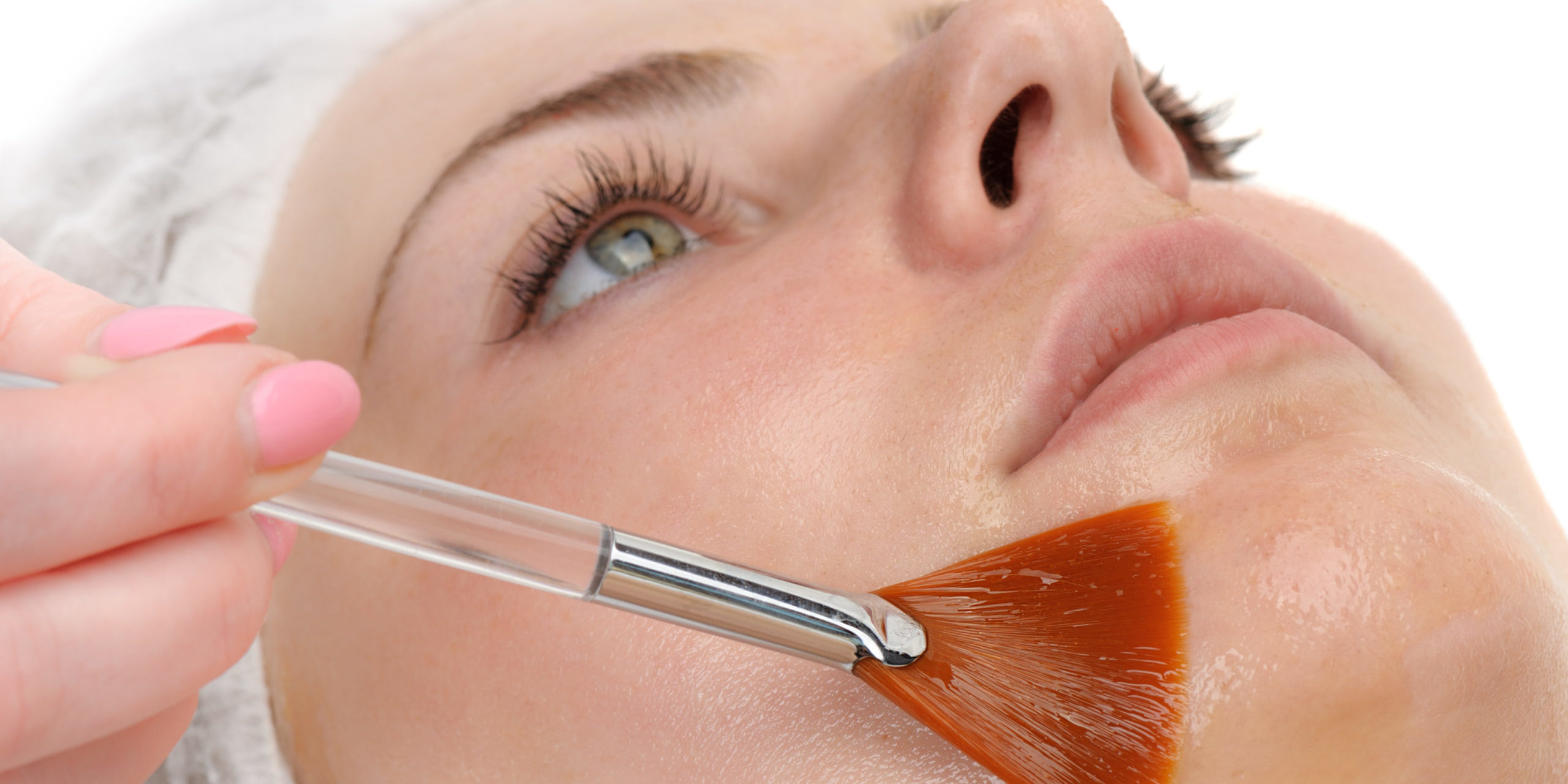What is a Chemical Peel?
Whats your first thought when you hear chemical peel? If you’ve never heard of them before, It may sound terrifying. Chemicals are supposed to be dangerous right? However, if you’ve experienced one before, when you hear chemical peel, you think: sign me up!!
There are two main categories of exfoliation: mechanical, and chemical. Mechanical exfoliation includes any type of machinery or technology you could use on your skin. For example, microdermabrasion, or a rotating brush. Chemical simply means the use of substances that can dissolve skin cells, so that no scrubbing is necessary. So chemical could mean fruit enzymes. So, a chemical peel is a technique where a solution is applied to the skin that causes it to exfoliate and eventually peel off. The new, regenerated skin is then usually usually smoother and younger looking than the old skin.
What can a Chemical Peel Do for Me?
They are used to treat a number of conditions including:
- Acne scars
- Aging skin
- Crow’s feet
- Hyperpigmentation
- Melasma
- Scars
- Sun damaged skin
- Sagging skin
- Wrinkles
Who is not a candidate for a chemical peel?
The procedure does not work as well on dark-skinned patients. Peels aren’t recommended for individuals with infections, active skin disease, cut or broken skin, sunburns or active Herpes simplex 1 sores. Generally light-haired and fair skinned people are the best candidates. Other counter-indications include patients who are:
- Nursing or pregnant.
- Have taken Accutane in last six months.
- Have psoriasis, eczema, dermatitis or rosacea.
- Have used Retin-A, Renova, prescription skin care products, products that contain ascorbic acid, bleaching or skin-lightening agents or other acid-based products in the last 48 hours.
Are chemical peels painful?
Chemicals peels can sometimes tingle or sting, but do not cause a great deal of pain. The gentlest peels use alpha-hydroxy, glycolic, lactic or fruit acids. They may cause stinging, redness, irritation and crusting but as the skin begins to adjust all these problems will lessen.
What can I expect after having a chemical peel?
All peels require some follow-up care. Superficial peels require one to seven days to heal. Treated skin will initially be red and may scale. Moisture should be applied until the skin heals, followed by daily use of sunscreen. Makeup can usually be worn the next day. Sun exposure and smoking after a treatment need to be avoided because they can cause unwanted side effects, including infection and scarring.
Chemical peels no longer have to be seen as scary! When done professionally, they are an incredible way to turn back the clock on your skin, and achieve a healthy, glowing, and happy complexion.






